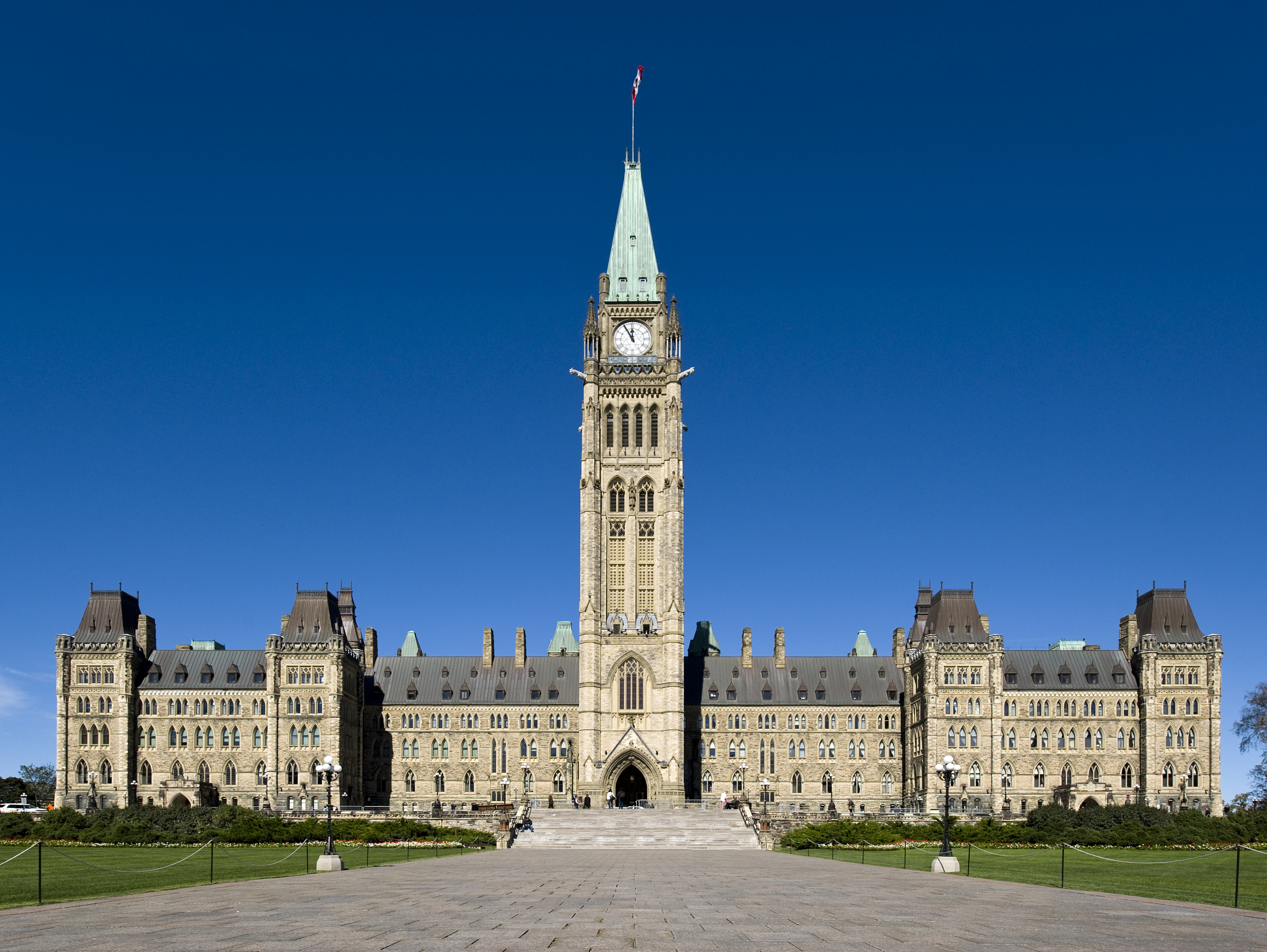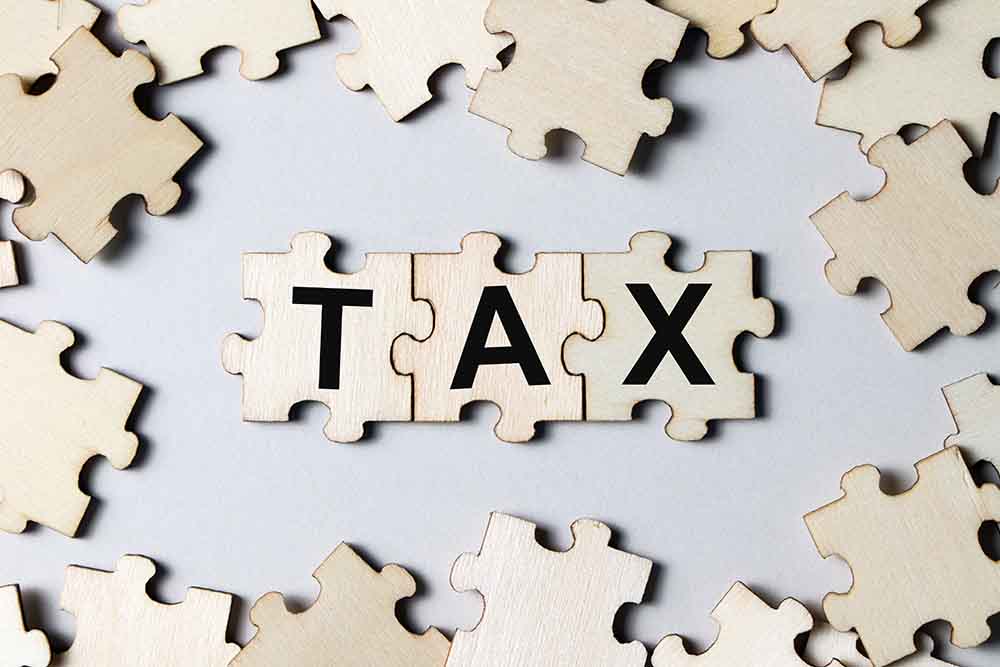
Alberta is being pulled into the vortex of the global recession, the provincial government acknowledged last week in a financial update that has forecast a deficit of more than $1 billion this year.
Finance Minister Iris Evans blames the expected 2008-09 deficit on losses in the province’s Heritage Savings Trust Fund, which usually contributes about $1 billion to general revenues. The fund took a hit of about $3 billion as a result of the market meltdown, reducing the fund to roughly $14 billion.
The things is, though, the Heritage Fund created by former premier Peter Lougheed in 1976 was designed to be a rainy-day fund to help Alberta weather rough economic times just like this.
The Alberta government has heard countless calls over the years to squirrel away more of its oil and gas revenues during boom times in order to build the Heritage Fund into a well-padded cushion for bust periods.
One of most recent calls was heard in late November when the province finally released the findings of the Financial Investment and Planning Advisory Commission headed by former C.D. Howe Institute chief Jack Mintz — 10 months after the government received the report.
The Mintz report recommended the province start putting aside about $2 billion a year in order to build the Heritage Fund to $100 billion over the next two decades. That echoed the recommendation of a March 2006 report by the Alberta Chambers of Commerce and its partner, the Certified General Accountants Association of Alberta.
A report from the Frontier Centre for Public Policy, which urged implementing the Mintz report’s recommendations, indicated that since fiscal year 2003-04, when Alberta became debt-free, the province has raked in $47.3 billion in natural resource revenue but deposited only $3.9 billion into the Heritage Fund.
The Frontier Centre report compared the value of Alaska’s Permanent fund and Alberta’s Heritage Fund, and using mid-2008 per capita figures, pointed out the Alaska fund is worth $54,514 per Alaskan while Alberta’s fund breaks down to just $4,770 per Albertan.
A few years ago, the Canada West Foundation suggested the province should stash away half of revenue from its non-renewable resources. Other analysts and observers, including Lougheed himself, urged the provincial Tories time and time again over the years to start building the Heritage Fund as a cushion for the sort of downturn that exists now. That’s why Lougheed created the fund — he knew boom times don’t last; there’s always a bust somewhere over the horizon.
But the governing Tories, like irresponsible lottery winners, chose to spend while the spending was good, channelling scant little of its oil profits into the Heritage Fund. Income generated by the fund was diverted into general revenue instead of being reinvested in the fund.
Now that the waves of the recession have begun to lap at Alberta’s economic shores, a heftier Heritage Fund would certainly be a nice lifeboat to have.
Alberta is still better positioned than most provinces to weather the economic storm. But had the province heeded the chorus of warnings earlier, Alberta could be much better set to ride out the turbulence.


